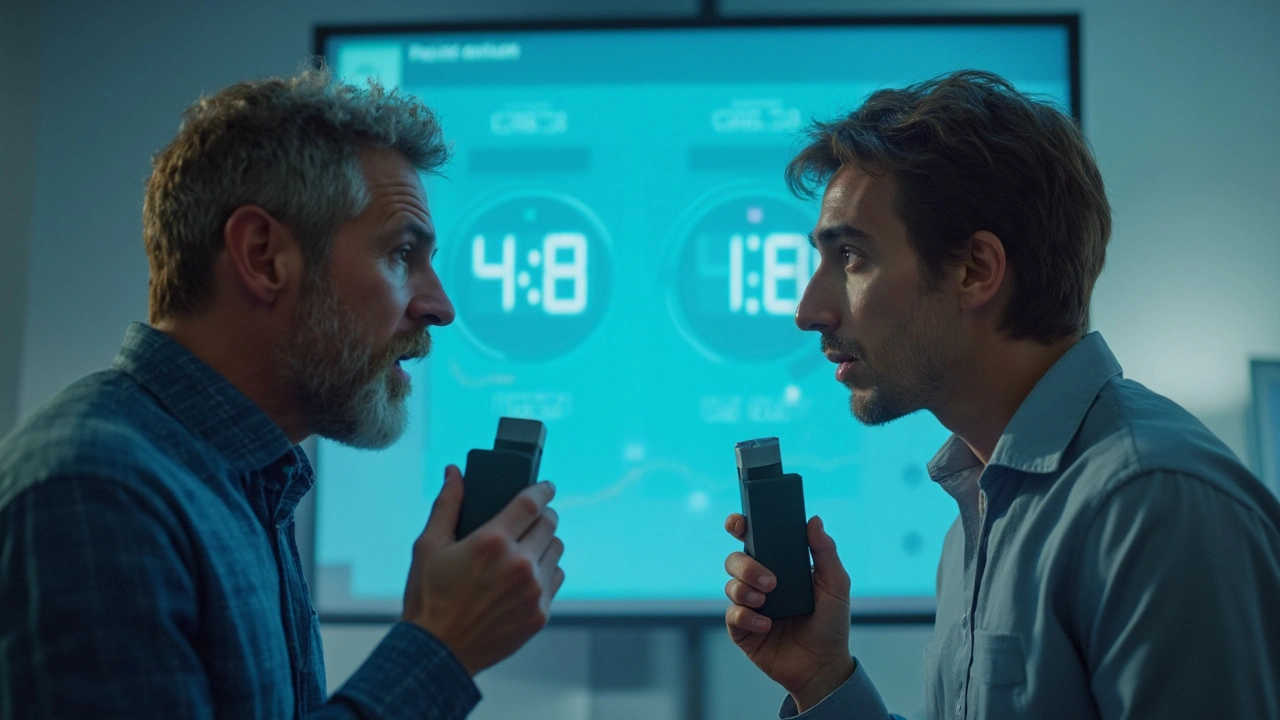Albuterol: what it does and how to use it safely
Albuterol is a fast-acting bronchodilator most people use to stop wheezing and shortness of breath. It relaxes muscles in the airways so air can move easier. If you have asthma, COPD, or acute bronchospasm, albuterol is often the first drug people reach for when breathing gets tough.
Forms, common dosing, and quick tips
You’ll find albuterol as a metered-dose inhaler (MDI), a dry powder inhaler, and a liquid for nebulizers. MDIs are the most common for everyday rescue use. A typical MDI dose is one or two puffs (90 mcg per puff) every 4–6 hours as needed. Nebulizer doses are often 2.5 mg for adults; children usually get smaller doses set by their provider. Always follow the exact instructions your clinician gives you—doses vary by age, weight, and severity.
Practical tips: always shake the inhaler, use a spacer if you can (especially for kids), and rinse your mouth after use if you’re on other inhaled medicines. Keep a spare inhaler at home and check the expiration and dose counter regularly.
Side effects, warnings, and when to get help
Common side effects are tremor, a fast heartbeat, jitteriness, and mild headache. These are usually short-lived. If you feel chest pain, severe palpitations, extreme dizziness, or worsening breathing after a dose, stop and seek emergency care—those can be signs of a serious reaction or paradoxical bronchospasm.
Talk to your doctor before using albuterol if you have heart disease, high blood pressure, an overactive thyroid, or low potassium. Beta-blocker drugs (often used for heart conditions) can blunt albuterol’s effect, so your provider may need to adjust medicines.
For parents: use a spacer with an MDI for little kids, and keep rescue medicine on hand for school or daycare. If your child needs albuterol frequently (more than twice a week for symptoms), that’s a sign their asthma control needs adjusting—contact their clinician.
Looking for alternatives? Some people use other short-acting bronchodilators or combined inhalers, and some children may be prescribed different options. We have a focused piece called “Best Substitutes for Albuterol in Kids” that breaks down safe alternatives and dosing guidance.
Storage and safety: store inhalers at room temperature, avoid freezing, and keep liquids for nebulizers sealed until use. Never share prescription inhalers. If you buy meds online, use trusted pharmacies and check for valid prescription requirements—see our guides on safe online pharmacy shopping for tips.
Albuterol is a reliable rescue medicine when used correctly. If you’re unsure about dosing, side effects, or interactions, ask your healthcare provider. Small changes in how you use it—like adding a spacer or reviewing daily controller therapy—can make a big difference in control and reduce emergency visits.

